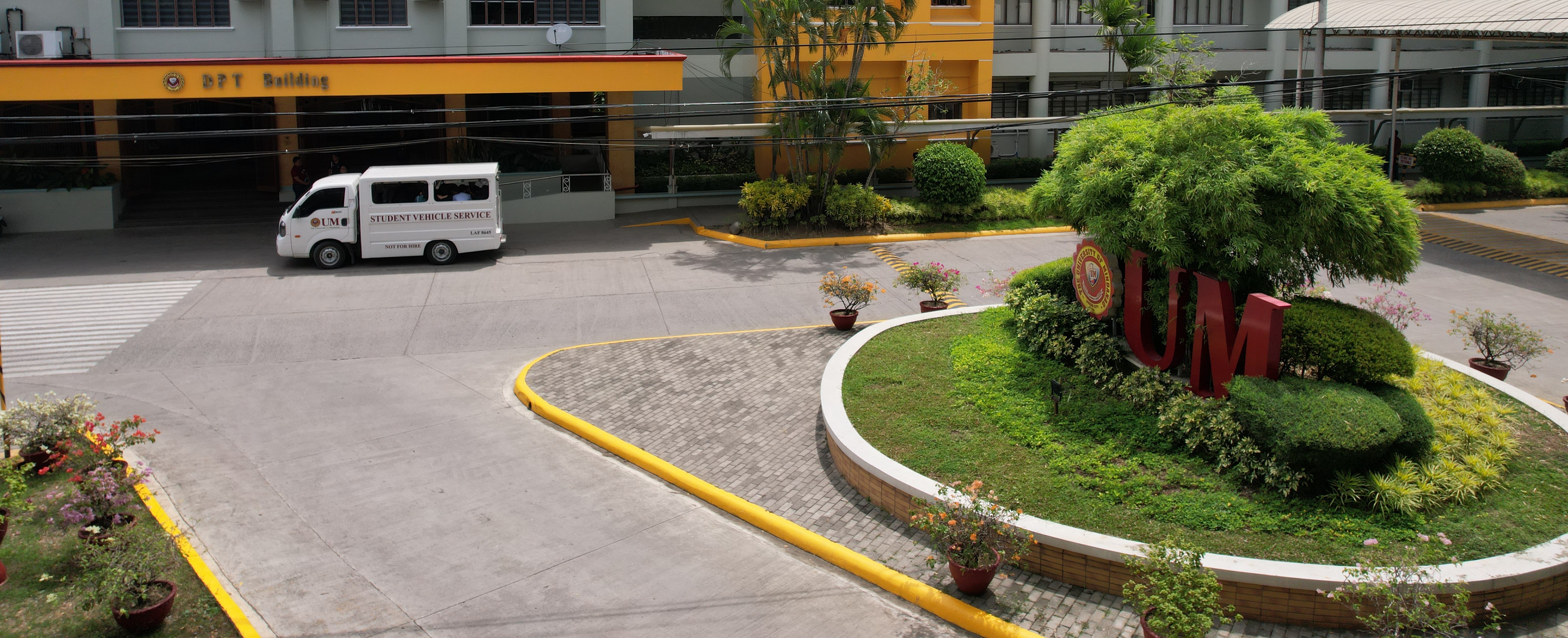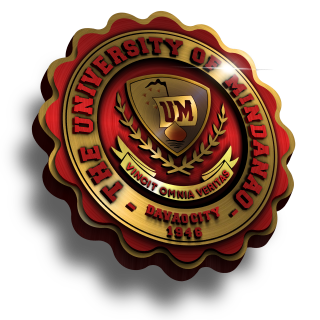
Bachelor of
Physical Education
About the Program
The Bachelor of Physical Education (BPEd) is a four-year program designed to equip graduates with the skills to address the psychomotor, cognitive, and affective needs of learners. The program draws from exercise and sports sciences, life sciences, and social sciences to provide a holistic, interdisciplinary education. BPE involves designing and delivering effective learning activities, quality instruction, and classroom management, requiring integrated knowledge of the subject matter and learners. It promotes physical literacy, fostering confidence and enjoyment in various physical activities such as dance, visual arts, music and sports, and emphasizes health optimization through developmentally appropriate activities and healthy habits. Beyond the classroom, BPE encourages participation in school and community recreation programs, as well as organized sports.
Program Educational Objectives
Three to five years after graduation, the graduates are expected to:
- Demonstrate updated and deep knowledge of the subject matter they teach.
- Apply a wide range of teaching process skills particularly on lesson planning, materials development, teaching approaches, ICT integration, and ethical considerations.
- Demonstrate effective communication skills and ethical responsibility in teaching profession.
- Engage in continuing professional education and trainings.
Student Outcomes
By the time of graduation, the students of the program shall have the ability to:
- Articulate the rootedness of education in philosophical, socio-cultural, historical, psychological, and political contexts.
- Demonstrate mastery of subject matter/discipline.
- Facilitate learning using a wide range of teaching methodologies and delivery modes appropriate to specific learners and their environment.
- Develop innovative curricula, instructional plans, teaching approaches, and resources for diverse learners.
- Apply skills in the development and utilization of ICT to promote quality, relevant, and sustainable educational practices.
- Demonstrate a variety of thinking skills in planning, monitoring, assessing, and reporting learning processes and outcomes.
- Practice professional and ethical teaching standards sensitive to the local, national, and global realities.
- Pursue lifelong learning for personal and professional growth through varied experiential and field-based opportunities.
- Apply scientific and evidence based practices critical to the educational and learning processes.
- Demonstrate skillful performance in a variety of physical activities.
- Adapt performance to variety of physical activity settings.
- Critically examine the curriculum and program, and enhance them necessarily.
- Plan and implement safe and effective physical activity programs to address the needs of individual and groups in school and/or non-school settings.
- Monitor and evaluate physical activity programs in school and/or non-school settings.
- Use appropriate assessments in, as and for student or client learning.
- Cultivate solidarity by working and dealing with/relating to other harmoniously.
- Promote the advancement of profession by making sense of and getting involved in current discourse that impact on the profession.
- Communicate effectively with PE practitioners, other professionals and stakeholders.
- Use oral, written, and technology formats deftly.

 Explore in Academia
Explore in Academia